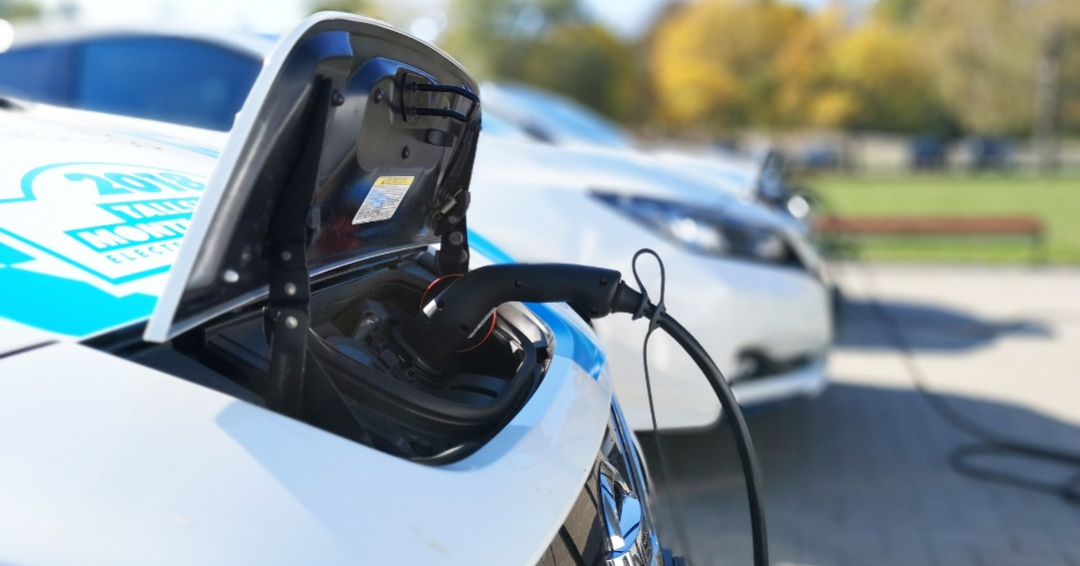The growing demand for electric vehicles (EVs) has raised concerns about the ability to produce enough batteries to power them, due to issues in today's EV battery supply chain. Problems in the supply chain can slow down production and increase costs, hindering the adoption of the technology. A robust, sustainable, and affordable supply chain is crucial for electrifying transportation.
It is true that there are likely enough reserves of minerals in the earth's crust to meet future demand for EV batteries. However, scaling up mining operations to extract these minerals can be a time-consuming and costly process. Additionally, mining can have negative impacts on the environment, public health, and human rights. Few automakers and battery manufacturers know the exact origin of their battery minerals and the methods used to extract them. However, there is a growing coalition of stakeholders working on this issue and developing strategies to address it: adopting “battery passports”, working together with organizations like the Initiative for Responsible Mining Assurance and making commitments to use ethically sourced materials.
Battery minerals travel an average of 50,000 miles from extraction to battery cell production. Furthermore, much of the mineral supply for EV batteries is concentrated in just a few countries. This concentration of supply can create geopolitical risks, as well as economic risks. Factors that may affect the supply chain are: extreme weather, geopolitics (wars), changing trade alliances or a change in materials needed due to new chemistries and design. Moreover, when any one of the companies involved in the EV batteries supply chain experiences a disruption, it can have a ripple effect throughout the entire supply chain.
The US Government is making efforts to strengthen the EV battery supply chain using various legislative tools. The Infrastructure Investment and Jobs Act (IIJA) was signed into law by President Biden in November 2021. The bill provides significant funding for a wide range of infrastructure projects, including transportation and EV charging infrastructure.
The CHIPS and Science Act is a bill that was passed in August 2022, which provides funding for American semiconductor research, development, and production. The goal of the bill is to reduce the United States' reliance on China for the semiconductors used in a wide range of technologies, including EVs.
The IRA (Inflation Reduction Act) passed in August 2022 focuses on improving clean energy manufacturing, incentivizing domestic production, improving supply chains, and electrifying heavy-duty vehicles.
Understanding the EV battery supply chain is critical to identifying and addressing the challenges and opportunities associated with the production, distribution, and disposal of EV batteries.
Source: Clean Technica

